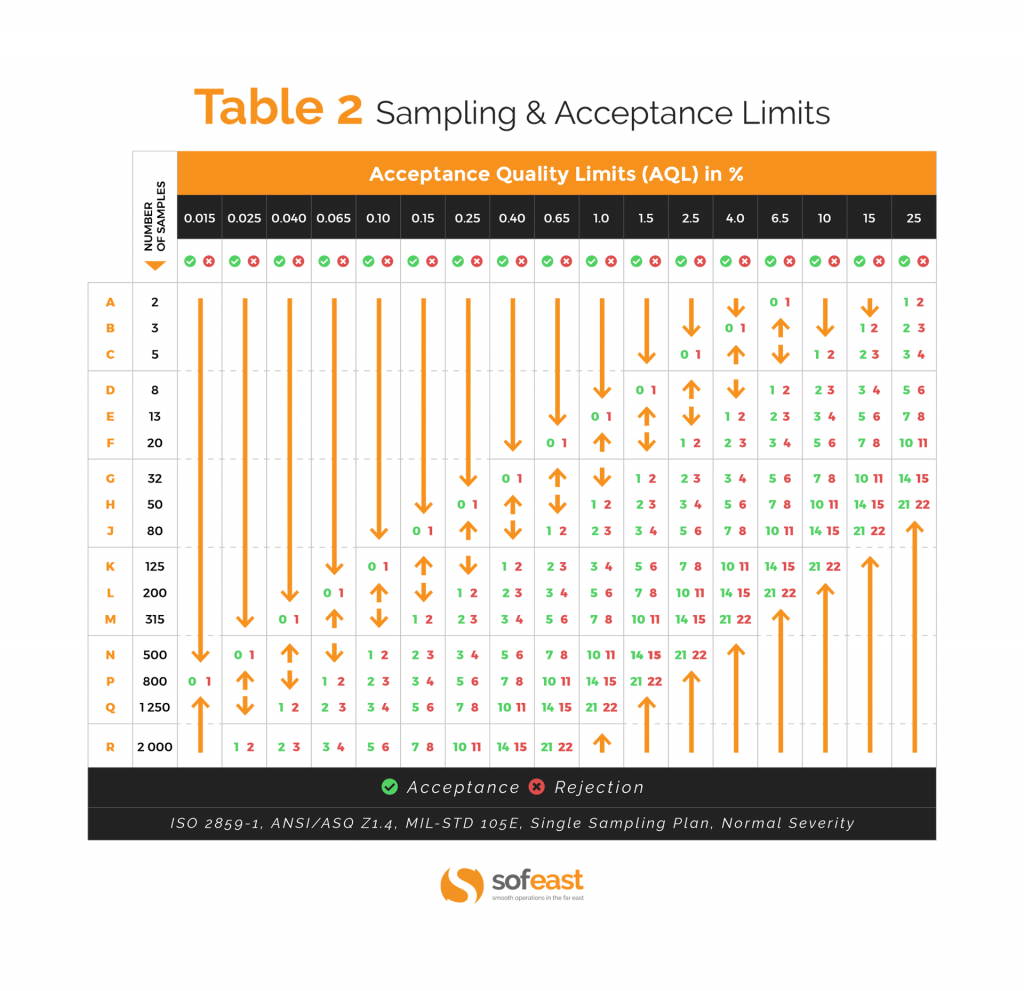specifying mill tolerance
The result may be positive or negative, depending on the actual value, so the ABS function is used to convert the result to a positive number in all cases. This number is then compared to the allowed tolerance as a logical test inside IF. If the difference is less than or equal to the allowed tolerance, IF returns 'OK'. If not, IF returns 'Fail'. Let’s talk TRID 2.0 and the 10% tolerance bucket. TRID 2.0 brings some changes to how we look at tolerances relative to shopping, and the 10% bucket. The 10% bucket is made up of third-party services, required by the lender, where we simply give the applicant the opportunity to shop. The other thing that falls into the 10% bucket is going to. Ring gauges receive reverse tolerance direction so that the GO member is a minus an the NOGO is plus tolerance. Applying this result practice results in gauge tolerance always being included in the part tolerance by up to 10%. This results in the possibility that 10% of good product could fail inspection that no bad product would ever pass.
specifying mill tolerance
I ask because it has been suggested that we order our pipe in this manner (i.e. min wall = nominal) for the purpose of getting extra life in operation. My concernw are 1) added cost, although this may be made up for in extra life and 2) availability. Is it readily available or will we be limiting ourselves?

5 tolerances you should notice
Take seamless steel pipe as an example, there are 5 tolerances that affect quality. Noting this, and you will get better pipe.
As ASTM A106 and ASTM A530 Standard:
OD tolerance
For standard pipe, except as provided for thin-wall pipe, the tolerances of diameter shall be in accordance with the following table:
For pipe over 10 inch as special OD tolerance pipe, the OD shall within vary +1% /-1%.
| NPS/ DN/ OD | Permissible Variations in Outside Diameter | |||
|---|---|---|---|---|
| Over | Under | |||
| in. | mm | in. | mm | |
| NPS 1/8 to 1½, incl DN 6 to 40 OD 10.3 to 48.3, mm | 1/64 | 0.4 | 1/64 | 0.4 |
| Over 1½ to 4, incl DN 40 to 100 OD 48.3 to 114.3, mm | 1/32 | 0.8 | 1/32 | 0.8 |
| Over 4 to 8, incl DN 100 to 200 OD 114.3 to 219.1, mm | 1/16 | 1.6 | 1/32 | 0.8 |
| Over 8 to 18, incl DN 200 to 450 OD 219.1 to 457, mm | 3/32 | 2.4 | 1/32 | 0.8 |
| Over 18 to 26, incl DN 450 to 650 OD 457 to 660, mm | 1/8 | 3.2 | 1/32 | 0.8 |
Thickness tolerance
The wall thickness at any point shall be within the below tolerance table.
| NPS/ DN/ OD | Tolerance, % from Nominal | |
|---|---|---|
| Over | Under | |
| NPS 1/8 to 2½, incl, all t/D ratios DN 6 to 65 OD 10.3 to 73.0, mm | 20.0 | 12.5 |
| NPS 3 to 18, incl, t/D up to 5% DN 80 to 450 OD 88.9 to 457, mm | 22.5 | 12.5 |
| NPS 3 to 18, incl, t/D > 5% DN 80 to 450 OD 88.9 to 457, mm | 15.0 | 12.5 |
| NPS 20 and larger, incl, welded, all t/D ratios DN 500 OD 508, mm | 17.5 | 12.5 |
| NPS 20 and larger, incl, seamless, t/D up to 5% DN 500 OD 508, mm | 22.5 | 12.5 |
| NPS 20 and larger, incl, seamless, t/D > 5% DN 500 OD 508, mm | 15.0 | 12.5 |
Length tolerance

For Seamless and Welded pipe, if definite cut lengths are ordered, the length shall vary within -0mm / +6mm.
2 Lots Within 10% Of Tolerance Meaning
Weight tolerance
For pipe NPS 12 (DN300, 323.8mm) and under, the weight shall vary within -3.5% / +10%.
For pipe over NPS 12 (DN300, 323.8mm), the weight shall vary within -5% / +10%.
Pipe of NPS 4 (DN100, 114.3mm) and smaller may be weighed in convenient lots; pipe in sizes larger than NPS 4 shall be weighed separately.
2 Lots Within 10% Of Tolerance Definition
Quantity tolerance
2 Lots Within 10% Of Tolerance
Normally mills take -10% to +10% tolerance, but TPMCSTEEL keeps ±3% variation.
